“On the Spot” backs members of Culture on the Edge into a corner to talk about their backgrounds, their ongoing work, and what might be gained by an alternative understanding of how identity works.
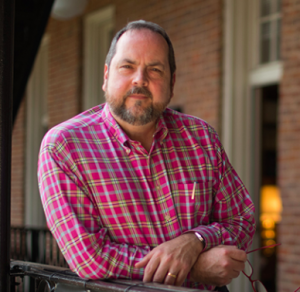 1. When people ask what you study, what do you tell them?
1. When people ask what you study, what do you tell them?
Depending who it is I might say “You” and then wink — if it’s a scholar of religion asking, that is. So although I was originally trained in what was called the philosophy of religion — taking doctoral courses on Plato, Kant, with a very early interest in what is commonly called the problem of evil, writing one of my three comprehensive exams on ancient Greek religion and philosophy, etc. — I soon moved to what our program at Toronto had just invented as method & theory, a bit of a catch-all category for some but which, at least for some of us, meant a particular approach to examining how scholars went about their work (not to mention an interest in developing naturalistic theories to explain the existence and function of religion). So although I had an early interest in theories of religion, I’ve come to be interested in theories of “religion” itself, so I study the history of my own field and the ways we go about our work, the tools we use and the larger institutional and social settings in which our work developed and is today carried out. So, really, I’m interested in the politics of classification, as exemplified in this one academic field but in a wide variety of other places as well, dipping into a tradition that owes much to, among others, the late Mary Douglas’s work in anthropology. Continue reading “On the Spot with Russell McCutcheon”

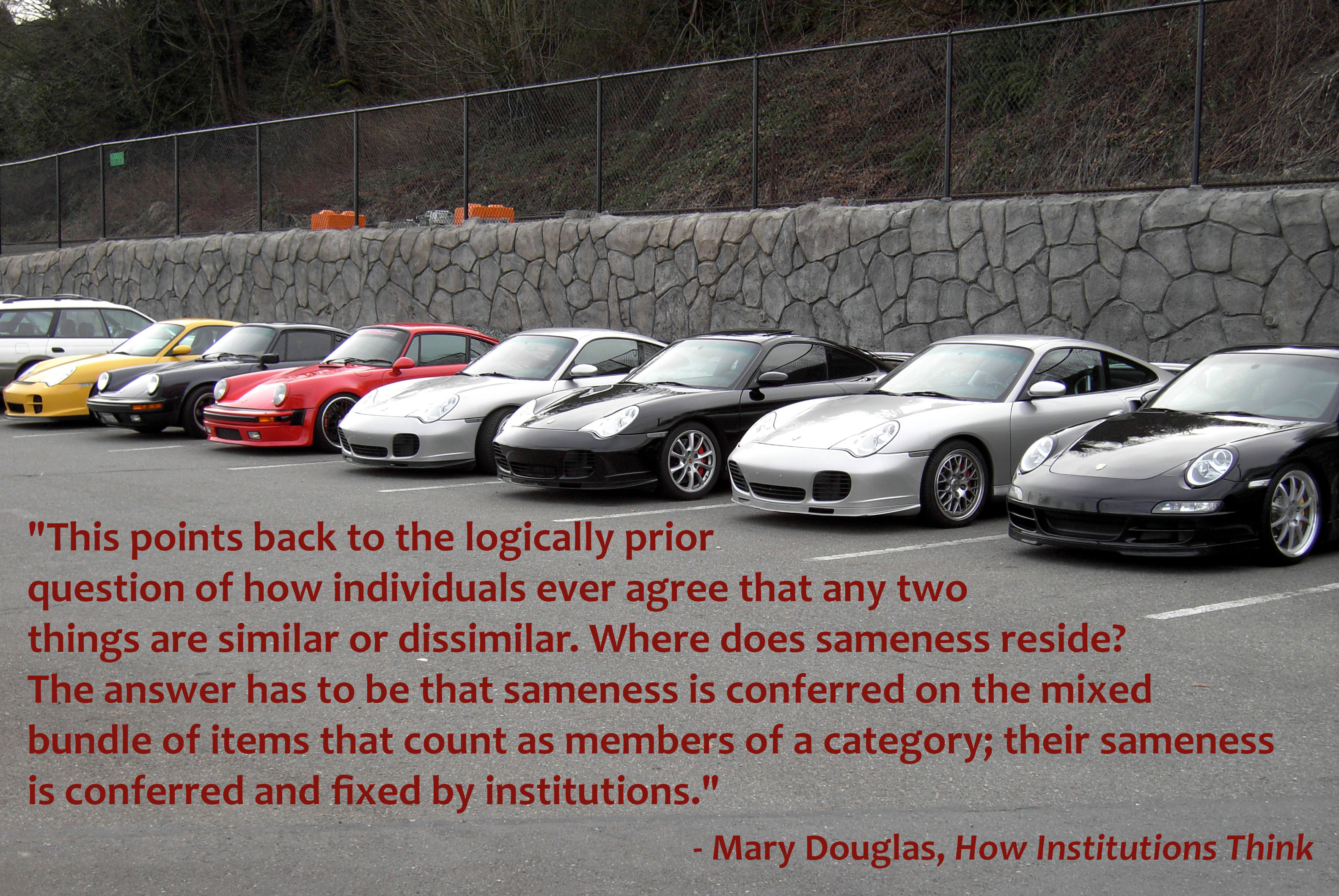
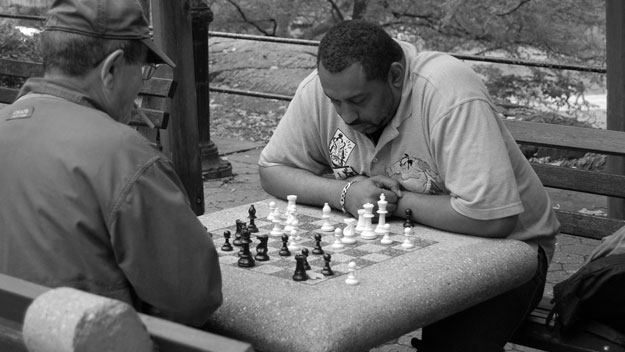 Another semester is drawing to an end and, as a result, I’ve been having some meetings with students who wish to go over the course material so that they can better prepare for the final. Not long ago a student came by and, as the meeting was starting, I asked a question that I often pose to students who stop by to talk, those who might be having some difficulties in the course.
Another semester is drawing to an end and, as a result, I’ve been having some meetings with students who wish to go over the course material so that they can better prepare for the final. Not long ago a student came by and, as the meeting was starting, I asked a question that I often pose to students who stop by to talk, those who might be having some difficulties in the course.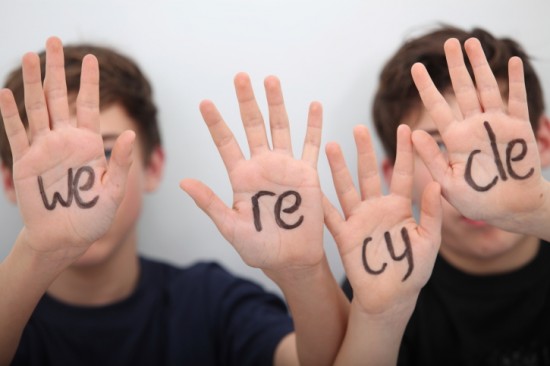 National Public Radio has another fascinating story on folk assumptions and the implications of classification.
National Public Radio has another fascinating story on folk assumptions and the implications of classification. 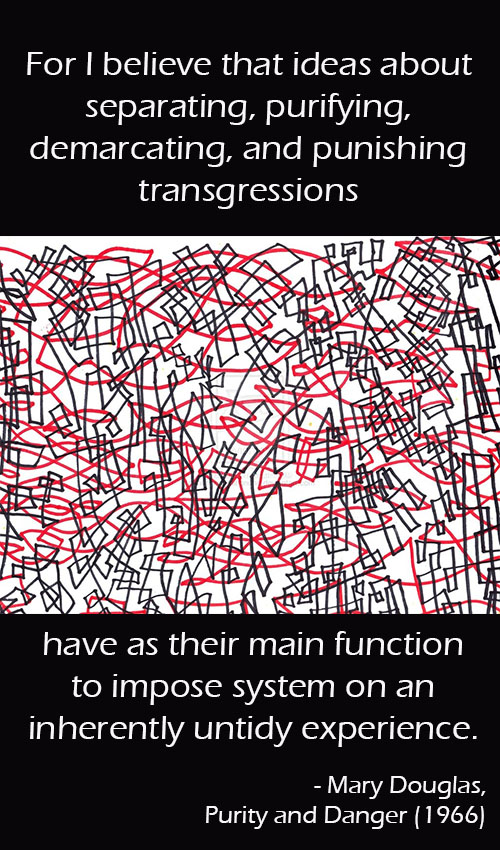 Read
Read 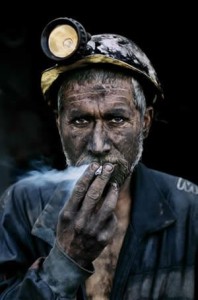 If, as so many scholars now think to be the case, the participant’s self-representation is crucial to take into account when studying human behavior, then I’d hazard a guess that coal miners, while working underground, do not consider themselves to be dirty — at least not until they break for lunch or end their long shift in the dark.
If, as so many scholars now think to be the case, the participant’s self-representation is crucial to take into account when studying human behavior, then I’d hazard a guess that coal miners, while working underground, do not consider themselves to be dirty — at least not until they break for lunch or end their long shift in the dark.